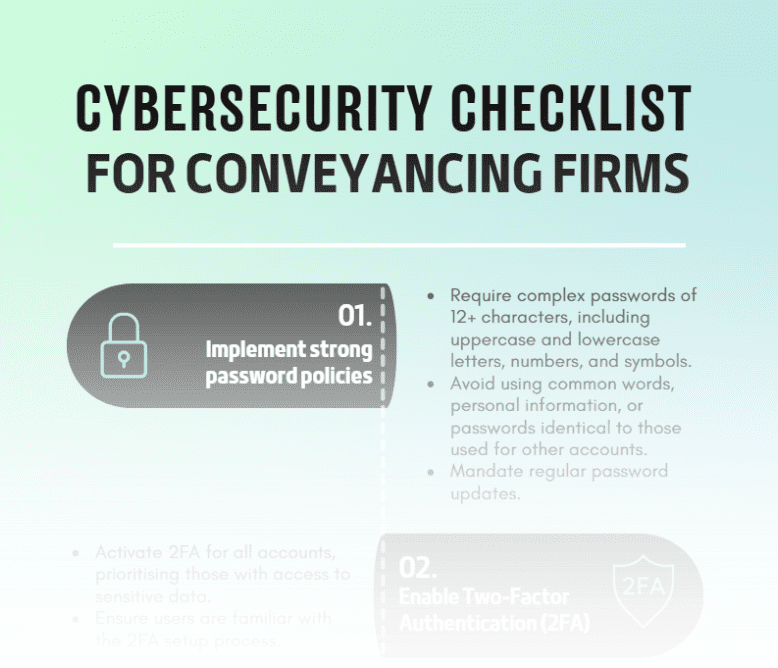Efforts to broaden competition in the electronic conveyancing industry have been paused indefinitely.
The Australian Registrars’ National Electronic Conveyancing Council (ARNECC) says issues raised by the banking industry about the Interoperability Program are “beyond the remit of state and territories to resolve”.
“While reiterating their support for competition in the marketplace, state and territory ministers acknowledged the progress of the program faces significant challenges without these issues being resolved by the relevant parties,” ARNECC said in a statement.
The ministers will now raise these issues with the Commonwealth government and regulators, according to ARNECC, which comprises representatives from each state and territory to lead the interoperability reform.
Interoperability, or competition reform, will enable businesses to choose which Electronic Lodgment Network Operator (ELNO) to use for property settlements.
Currently customers do not have a choice, effectively mandating them to use PEXA. A second ELNO, Sympli, cannot yet seamlessly operate within the existing network platform.
PEXA said ARNECC had advised industry the interoperability program has been paused, and were standing down their project team.
PEXA has also stood down its team working towards interoperability.
PEXA group advocate Simon Smith said it’s “relieved” at the pause, saying it long had concerns with the interoperability model.
“The regulators seem to have taken heed of those warnings and so we think a risk of serious impact has been averted,” he said.
“There’d be no one for a practitioner to go to if there were multiple ELNOs involved. Each might believe the other was best placed to fix the problem.
“The banks have said that the situation – the absence of oversight on financial settlement – is too risky.
“It was never properly designed.”
Sympli CEO Philip Joyce admitted there were challenges, but they did not involve financial services.
“We think the incumbent has executed a pretty sophisticated disinformation campaign here,” he said.
“Most of the issues affecting the execution of this reform are actually not financial settlement issues – they are actually all about the exchange of information between the counterparties, which is in ARNECC’S wheelhouse.”
Support from federal agencies and regulators was needed to resolve the issues, he said.
“One positive of the program being paused is that this brings these issues to a head. Given the behaviour of the monopoly, that’s only going to be done with some greater kind of regulatory intervention.”
The Australian Competition and Consumer Commission said it’s aware of ARNECC’s statement, but “does not have a direct or specific regulatory role in relation to eConveyancing reforms”.
Make sure you subscribe to the upcoming Australian Conveyancer magazine for a deeper dive into the issues around interoperability and ARNECC’s role.






